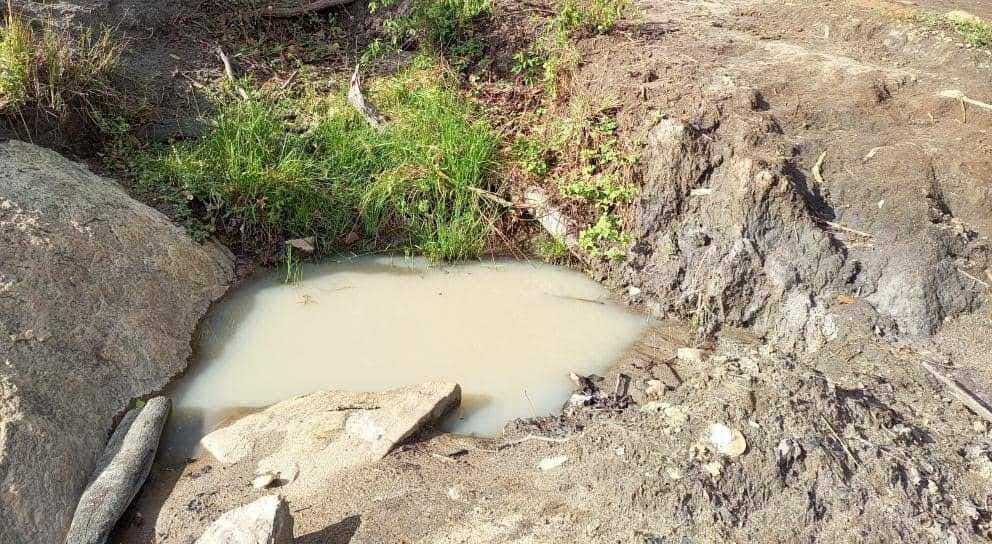
Malawi: Water scarcity is affecting lessons at Chipumulo and Chasenje in Mzimba's Chibwana Nyangu Village T.A. Inkosi Kampingo Sibande.
Ettah Banda, a student at Chipumulo Primary School, claims that they spend more time fetching water, which has a negative impact on their academic performance.
"Sometimes we go to shallow wells around 4 a.m. and return after 7 a.m.; in other cases, we go at 4 p.m. and return after," Banda said.
Wellings Mseteka, the head teacher at Chipumulo Primary School, claims that water problems are disrupting lessons.
"Water challenges have greatly impacted lessons; learners are arriving late for lessons, and learners and villagers have quarreled at our borehole when learners want to use the borehole during classes," Mseteka said.

Molesi Moyo, 73, of Tadeyo Village, claims they have been drinking from an open well a kilometer away from her home. She claims the only safer water they have seen is from a shallow well donated in 2006, which produces stinky water with worms and dries up during the dry season.
Agnes Lupunga, the area's Village Development Committee Chairperson, says the issue has been raised at various meetings but has yielded no results.
Wachepa Phiri, the Member of Parliament for the area who won the October 26 by-election last year, promised to look into the matter.
Mzimba District Water Officer Jacob Mkandawire says his office is aware of water shortages in certain areas of the district.
"We are aware of these water problems, and we advise Village Development Committees to follow all necessary procedures in order to receive assistance from the water fund, to which each constituency is allocated 12 million," said Mkandawire.
On the possibility of the district meeting SDG Goal 6 (providing clean and safe water by 2030), Mkandawire says the targets can be met with the help of other organizations.
According to a Water Aid report, at least 10% of Malawians do not have access to safe drinking water.